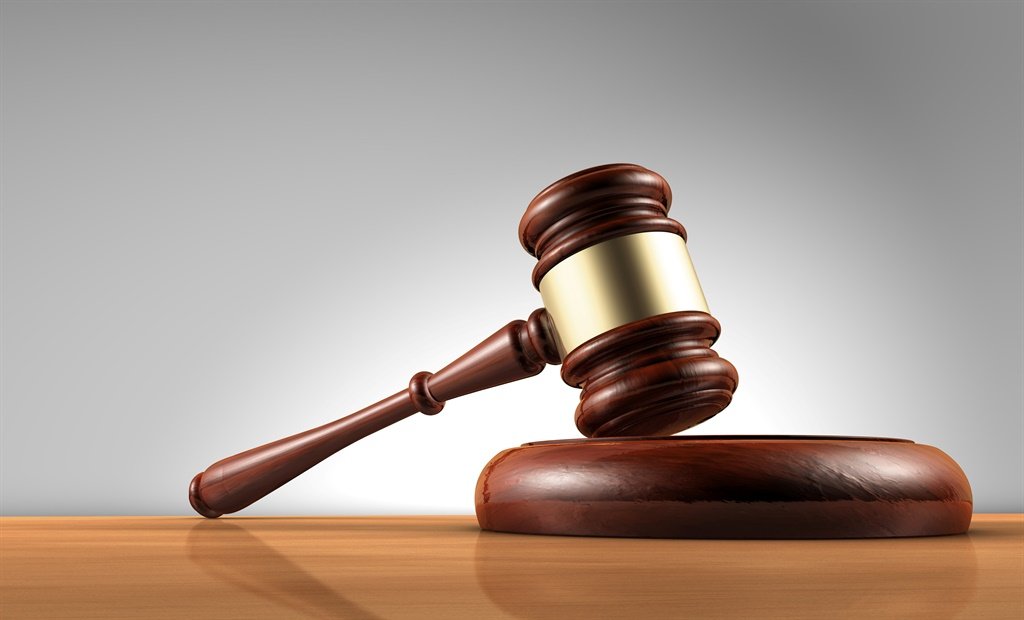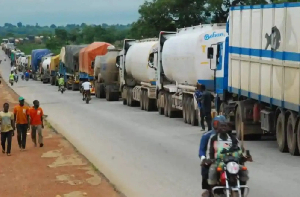Mali’s military rulers hold constitutional referendum vote

The military government, which seized power in coups in 2020 and 2021, promised to hold the plebiscite as part of a transition to democracy under pressure from the Economic Community of West African States (ECOWAS).
Voting began at 08:00 GMT and results are expected within 72 hours. Presidential elections are scheduled for February 2024.
Voter turnout is expected to be low in the country of 21 million due to armed conflict.
Al Jazeera’s Nicolas Haque said that although around 8 million Malians are eligible to vote today, “many of them will not be able to cast their ballots because there are large swathes of land in the north in the centre of the country that are in the hands of armed groups linked to Al-Qaeda and ISIL [ISIS]”.
Reporting from the capital Bamako, Haque said that in the northern city of Kidal, there is no vote taking place, and in Timbuktu, armed groups have threatened to attack polling stations.
However, he added that in Bamoko, there is “an element of defiance” and a palpable sense that “Malians really want to get their voices heard and really want to push forward in this referendum and this change in the constitution.”
Some of the changes in the committee-drafted constitution are contentious, with proponents saying they would strengthen fragile political institutions and opponents saying they would give excessive power to the president.
But regional bodies and the United Nations see the referendum as a crucial test of the military’s willingness to stick to the transition and hold a nationwide democratic process, particularly when violent religious groups are stepping up attacks.
“With this project, we are betting on the future of our state, the restoration of its authority, and the regained trust between institutions and citizens,” interim President Assimi Goita said in a televised speech on Friday.
“Now is the time to confirm our commitment to the new Mali,” Goita, in his trademark beret and military fatigues, added.
Al Jazeera’s Haque said this was a moment 30 years in the making, adding that “the leader of the Malian military junta has succeeded where previously elected presidents have failed in organising this vote and organising conversation around this referendum.”
The vote, he said, is about creating “legitimacy and sovereignty for millions that have felt torn with violence in a country that’s been under attack for almost ten years”.
The draft includes updates that have been proposed in the past failed efforts to revise the constitution that supporters hope will reinforce democracy and address divisions, including the creation of a second parliamentary chamber to boost representation from across Mali.
The proposed establishment of a separate court of auditors for state spending will bring Mali in line with a directive from the West African Economic and Monetary Union – also known by its French-language acronym UEMOA – from 2000.
But some opposition parties, pro-democracy groups and campaigners for the “No” vote say the non-democratically elected authorities, such as the military, have no right to oversee such a substantial constitutional overhaul.
They also say the proposed constitution hands excessive authority to the president, including over the legislative process.
“I am for a revision of the constitution but not this referendum. The legitimacy of the actors, the process … I think we could have done better,” lawyer Fousseini Ag Yehia told the Reuters news agency in the capital, Bamako, on Saturday.
Source: aljazeera.com





